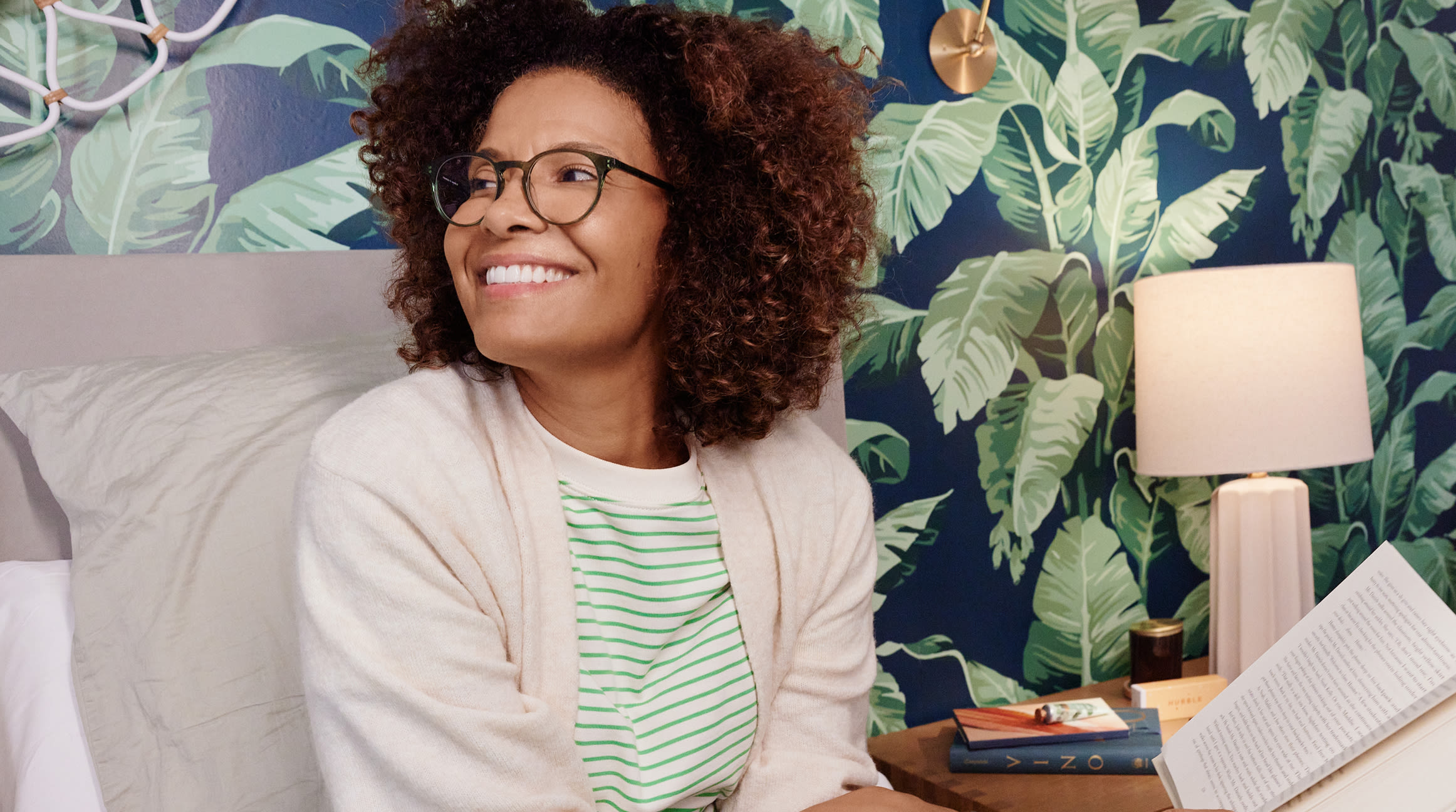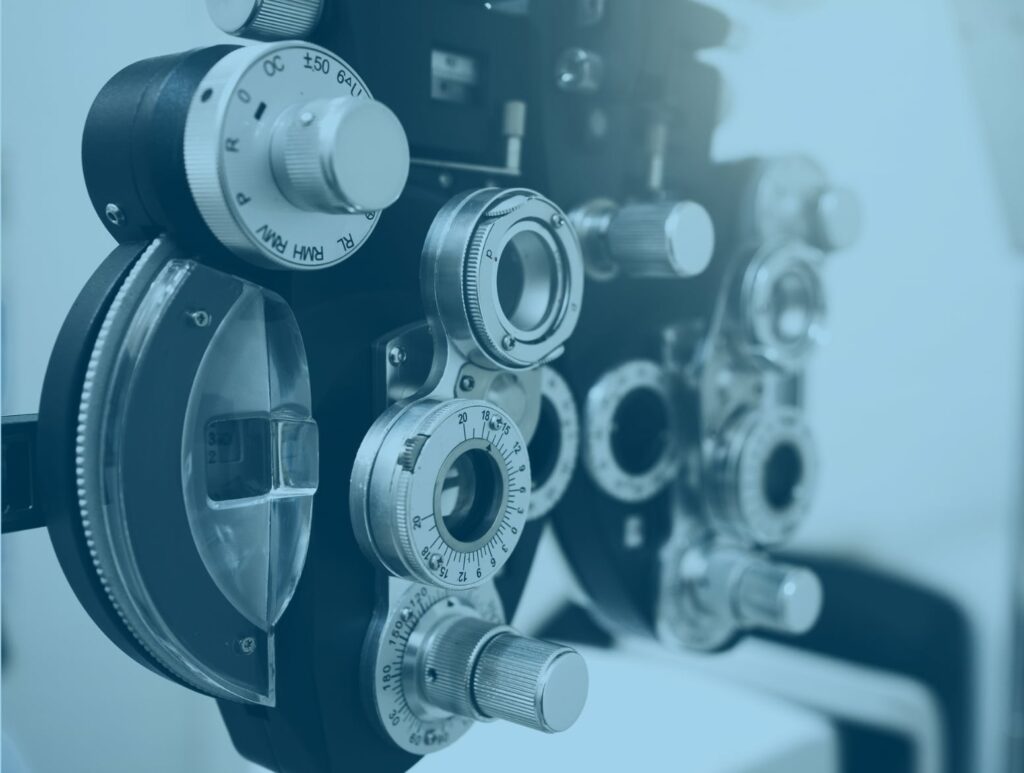All Categories
Featured
Low vision is a problem that substantially impacts everyday activities like analysis, driving, or identifying faces, despite having corrective lenses. For people facing such difficulties, reduced vision recovery provides a pathway to restore independence and enhance lifestyle. Allow's look into the readily available alternatives for low vision recovery and how they assist people navigate the globe a lot more with confidence.
Recognizing Reduced Vision Rehab
Low vision recovery is a customized service made to make best use of the functional capacities of people with irreversible vision problems. This multidisciplinary approach entails assessments, training, and gadgets tailored per person's distinct demands. The objective is to equip individuals by improving their staying vision and teaching strategies to adjust to their environment.
Key Options in Reduced Vision Rehabilitation
Comprehensive Eye Exams
A low vision professional performs thorough evaluations to recognize the degree of vision loss and identify suitable interventions. These exams concentrate on identifying the individual's aesthetic skill, field of vision, and light sensitivity.
Assistive Instruments and Innovation
A wide variety of innovations and tools are available to assist individuals with low vision:
Magnifiers: Handheld, stand-mounted, or digital magnifiers help enlarge message or images.
Telescopic Lenses: Useful for range viewing, such as enjoying television or analysis street signs.
Display Visitors: Software that checks out aloud the text on a display, helping those who have problem with analysis.
CCTV Systems: Closed-circuit tvs magnify printed product or things for much easier viewing.
![]()
Mobile Phone Applications: Applications like Be My Eyes or Seeing AI give real-time help and descriptions of environments.
Educating Programs
Vision rehab consists of training to optimize making use of staying vision and adapt to new tools:
Positioning and Flexibility Training: Helps people browse unfamiliar rooms and use walking sticks or guide pet dogs successfully.
Daily Living Skills: Shows strategies for cooking, brushing, and other everyday jobs with restricted vision.
Aesthetic Abilities Training: Includes workouts to reinforce field of vision or improve emphasis.
Ecological Modifications
Adjusting the home or office can considerably boost self-reliance:
Mounting brighter illumination and contrasting shades.
Including tactile markers to appliances.
Arranging furnishings to create clear paths and reduce obstacles.
Therapy and Psychological Assistance
Vision loss can be mentally tough. Assistance groups and therapy solutions aid individuals handle the psychological effect and develop strength.
Who Gives Reduced Vision Recovery?
Reduced vision recovery services are supplied by:
Low Vision Specialists: Eye doctors or ophthalmologists with additional training.
Work Therapists: Specialists who concentrate on improving day-to-day performance.
Rehabilitation Counselors: Professionals that assist with psychological and emotional support.
![]()
Final Thought
Low vision rehab is a lifeline for those coping with significant vision loss. With the right tools, training, and assistance, people can lead meeting and independent lives. Whether it's through progressed innovations, tailored training programs, or psychological support, the choices offered today make sure that no one has to face low vision alone. If you or an enjoyed one is experiencing vision difficulties, consider connecting to a low vision specialist to check out these transformative rehabilitation solutions.
Recognizing Reduced Vision Rehab
Low vision recovery is a customized service made to make best use of the functional capacities of people with irreversible vision problems. This multidisciplinary approach entails assessments, training, and gadgets tailored per person's distinct demands. The objective is to equip individuals by improving their staying vision and teaching strategies to adjust to their environment.
Key Options in Reduced Vision Rehabilitation
Comprehensive Eye Exams
A low vision professional performs thorough evaluations to recognize the degree of vision loss and identify suitable interventions. These exams concentrate on identifying the individual's aesthetic skill, field of vision, and light sensitivity.
Assistive Instruments and Innovation
A wide variety of innovations and tools are available to assist individuals with low vision:
Magnifiers: Handheld, stand-mounted, or digital magnifiers help enlarge message or images.
Telescopic Lenses: Useful for range viewing, such as enjoying television or analysis street signs.
Display Visitors: Software that checks out aloud the text on a display, helping those who have problem with analysis.
CCTV Systems: Closed-circuit tvs magnify printed product or things for much easier viewing.

Mobile Phone Applications: Applications like Be My Eyes or Seeing AI give real-time help and descriptions of environments.
Educating Programs
Vision rehab consists of training to optimize making use of staying vision and adapt to new tools:
Positioning and Flexibility Training: Helps people browse unfamiliar rooms and use walking sticks or guide pet dogs successfully.
Daily Living Skills: Shows strategies for cooking, brushing, and other everyday jobs with restricted vision.
Aesthetic Abilities Training: Includes workouts to reinforce field of vision or improve emphasis.
Ecological Modifications
Adjusting the home or office can considerably boost self-reliance:
Mounting brighter illumination and contrasting shades.
Including tactile markers to appliances.
Arranging furnishings to create clear paths and reduce obstacles.
Therapy and Psychological Assistance
Vision loss can be mentally tough. Assistance groups and therapy solutions aid individuals handle the psychological effect and develop strength.
Who Gives Reduced Vision Recovery?
Reduced vision recovery services are supplied by:
Low Vision Specialists: Eye doctors or ophthalmologists with additional training.
Work Therapists: Specialists who concentrate on improving day-to-day performance.
Rehabilitation Counselors: Professionals that assist with psychological and emotional support.

Final Thought
Low vision rehab is a lifeline for those coping with significant vision loss. With the right tools, training, and assistance, people can lead meeting and independent lives. Whether it's through progressed innovations, tailored training programs, or psychological support, the choices offered today make sure that no one has to face low vision alone. If you or an enjoyed one is experiencing vision difficulties, consider connecting to a low vision specialist to check out these transformative rehabilitation solutions.
Latest Posts
Uncover Exceptional Car Repair Solutions from Montclare Auto Repair – Keep Your Car Running Smoothly
Published en
1 min read
Explore Premier Vehicle Maintenance Services from Montclare Auto Repair – Keep Your Car Running Smoothly
Published en
1 min read
Specialist Business Roofing Solutions in North Platte, Nebraska
Published en
2 min read
More
Latest Posts
Uncover Exceptional Car Repair Solutions from Montclare Auto Repair – Keep Your Car Running Smoothly
Published May 29, 25
1 min read
Explore Premier Vehicle Maintenance Services from Montclare Auto Repair – Keep Your Car Running Smoothly
Published May 27, 25
1 min read
Specialist Business Roofing Solutions in North Platte, Nebraska
Published May 23, 25
2 min read